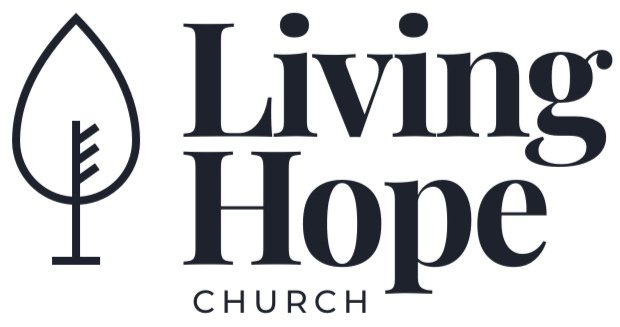The story is picking up speed. A great deal happens in these few chapter. Moses returns to Egypt, but on the way the Lord confronts him for not circumcising his son and his wife takes action to stay the Lord’s hand. God has remembered his covenant, and his people are to do the same in observing the rites of the covenant.
Then Moses meets up with Aaron and they speak with the elders of Israel about the Lord seeing their affliction. As one can imagine, the result of that announcement is worship. God has seen their pain and heard their groans. Their refuge is showing himself to be so.
But when Moses and Aaron go to Pharaoh he isn’t on the same page with the Lord in regard to letting the people go and he actually makes life harder for the Israelites. Which in turn leads to the Israelites being a bit irritated with Moses & Aaron. But the Lord reaffirms his commitment to his covenant and to their deliverance.
Now, in this there are some phrases that can catch our attention, and one is that of the Lord saying he will harden Pharaoh’s heart (cf. 4:21). Carson adds some helpful comments:
“During the succeeding chapters, the form of expression varies: not only “I will harden Pharaoh’s heart” (7:3), but also “Pharaoh’s heart became hard” or “was hard” (7:13, 22; 8:19, etc.) and “he hardened his heart” (8:15, 32, etc.). No simple pattern is discernible in these references. On the one hand, we cannot say that the pattern works up from “Pharaoh hardened his heart” to “Pharaoh’s heart was hardened” to “God hardened Pharaoh’s heart” (as if God’s hardening were nothing more than the divine judicial confirmation of a pattern the man had chosen for himself); on the other hand, we cannot say that the pattern simply works down from “God hardened Pharaoh’s heart” to “Pharaoh’s heart was hardened” to “Pharaoh hardened his heart” (as if Pharaoh’s self-imposed hardening was nothing more than the inevitable outworking of the divine decree).
Three observations may shed some light on these texts. (a) Granted the Bible’s storyline so far, the assumption is that Pharaoh is already a wicked person. In particular, he has enslaved the covenant people of God. God has not hardened a morally neutral man; he has pronounced judgment on a wicked man. Hell itself is a place where repentance is no longer possible. God’s hardening has the effect of imposing that sentence a little earlier than usual. (b) In all human actions, God is never completely passive: this is a theistic universe, such that “God hardens Pharaoh’s heart” and “Pharaoh hardened his own heart,” far from being disjunctive statements, are mutually complementary. (c) This is not the only passage where this sort of thing is said. See, for instance, 1 Kings 22; Ezekiel 14:9; and above all 2 Thessalonians 2:11–12: “For this reason God sends them a powerful delusion so that they will believe the lie and so that all will be condemned who have not believed the truth but have delighted in wickedness.””
(Carson, D. A. (1998). For the love of God: a daily companion for discovering the riches of God’s Word. (Vol. 1, p. 78). Crossway Books.)
But there is another aspect to this, and to all the plagues that we will come across: God is showing clearly that he is the Sovereign. In ancient Egypt the heart was the essence of a person. Pharaoh was considered a god - the incarnation of Ra and Horus. And it was believed that the hearts of those two gods were sovereign over everything. Yahweh will show very clearly that they are nothing but false gods with no power to stop the Almighty.
How does this text encourage your trust in the Lord?
How does knowing that God is sovereign give you comfort?
What does this tell you about your own heart? (cf. Proverbs 4:23, 28:14)

